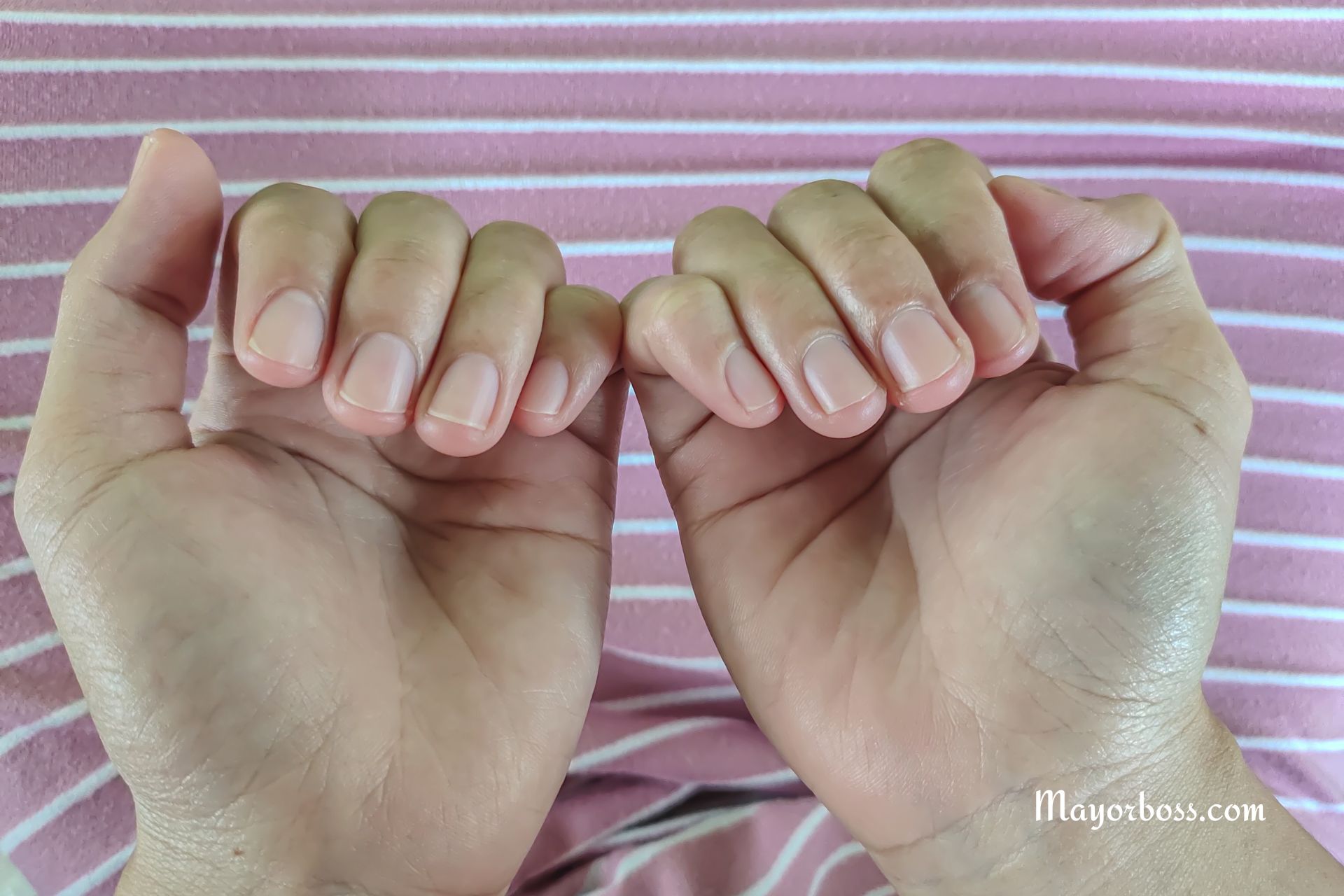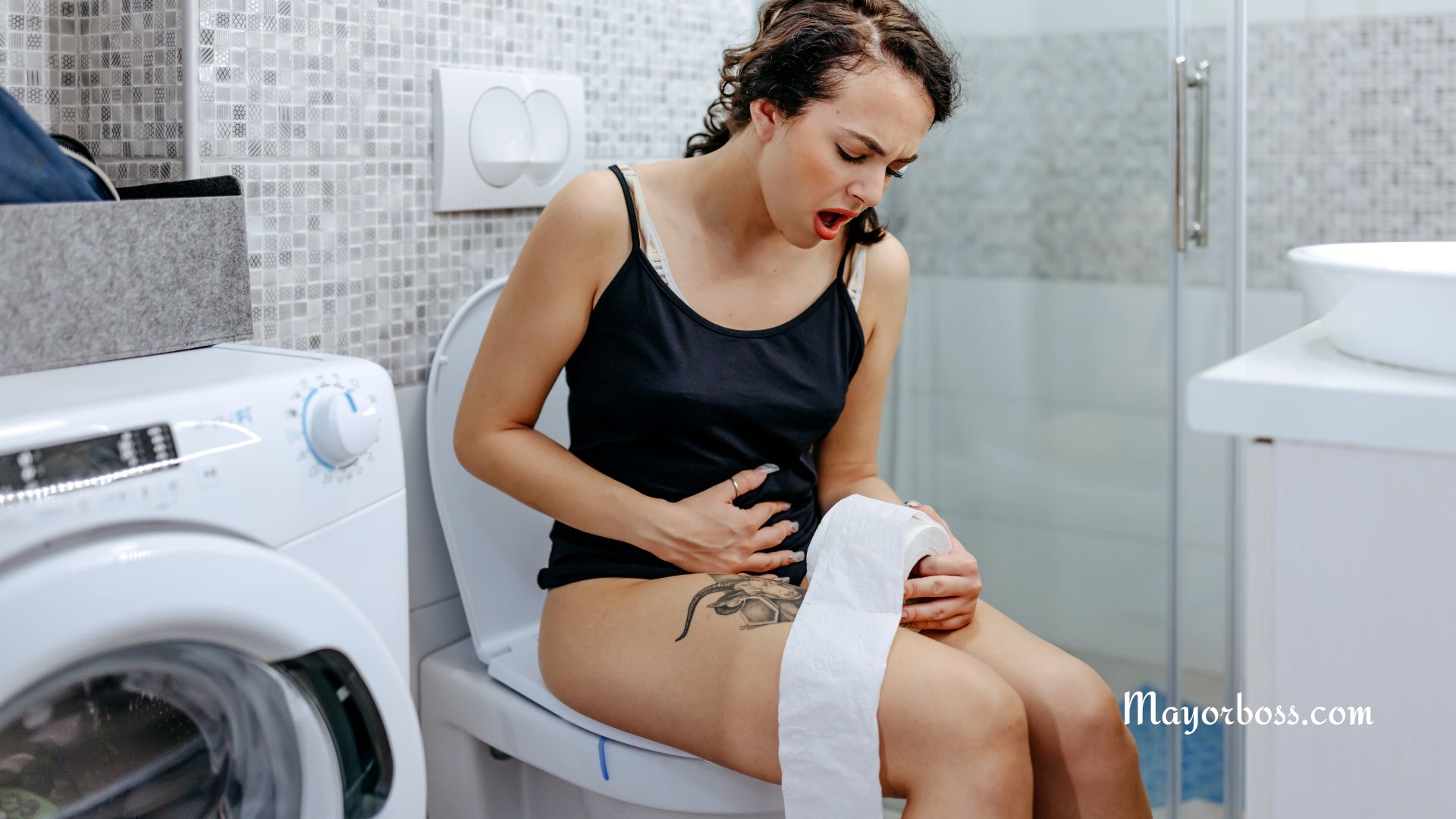The Best Way to Practice Safe Sex, According to a Family Doctor
Safe sex is all about protecting yourself and your partner from sexually transmitted infections (STIs) and unwanted pregnancies. Using protection like condoms and talking openly with your partner is key to practicing safe sex. Dr. Natalia Hapych, a family doctor, shares her perspicuity on the topic, highlighting the importance of education, communication, and taking appropriate precautions.
What is Safe Sex?
Safe sex is simply defined as taking steps to protect yourself and your partner from STIs and unwanted pregnancies. Think of it as putting on a seatbelt when you’re in a car—it’s a simple precaution that keeps you safe. Dr. Hapych emphasizes that “Sex education is crucial. You need to know about different methods of protection and find what works best for you. Talking openly with your partner can make the process much easier.”
Why is Practicing Safe Sex Important?
If you don’t practice safe sex, you can get STIs such as syphilis, chlamydia, genital herpes, HIV, hepatitis, gonorrhea, genital warts, etc. These infections can cause serious health problems. Pregnancy can also happen when it might not be planned or wanted.
Furthermore, according to the National Library of Medicine, practicing safe sex may decrease the chance of pelvic inflammatory disease and cervical cancer among women. As for men, a tight-fit condom may help them stay harder for longer.
Most importantly, having safe sex also means peace of mind. You can feel more relaxed and enjoy the moment without worrying about the risks. What’s more, trust and communication grow when you and your partner agree on practicing safe sex. This can make your relationship stronger.
How Can You Practice Safe Sex?
Use Protection
Condoms are the best way to practice safe sex. It prevents STIs and unwanted pregnancies. They are easy to find and use. According to Dr. Natalia Hapych, “Condoms are highly effective when used correctly. Make sure you follow the instructions on the packaging.”

Communicate with Your Partner
Talking about safe sex can feel awkward, but it’s essential. If you and your partner talk openly, you can make decisions that work for both of you.
Get Regular Check-ups
Going to a healthcare provider regularly for check-ups helps in catching any problems early. “Getting tested for STIs regularly is a responsible choice. It shows that you care about your health and the health of your partner.” Dr. Natalia Hapych explains.
Avoid Alcohol and Drugs During Sexual Activity
These substances can make you forget to use protection. Staying clear-headed helps you make safe choices.
Other Methods of Protection
Apart from condoms, there are other ways to practice safe sex. These include birth control pills, patches, and intrauterine devices (IUDs). Talk to a healthcare provider to find out what’s best for you.
What if Something Goes Wrong?
Mistakes happen. If you think something went wrong, like a condom breaking, don’t panic. Reach out to a healthcare provider quickly, and they can help you figure out what to do next. “It’s never too late to seek help. If you have concerns, contact a healthcare provider right away. They are there to assist you.” says Dr. Natalia Hapych.
Teaching Safe Sex to Teenagers
If you’re a parent, it can be tough to talk to your kids about safe sex. But it’s an important conversation to have. Explain the risks and the ways to stay safe, and encourage them to ask questions. “Starting the conversation early and keeping it open and honest is the best approach with teenagers. They need accurate information to make smart choices,” says Dr. Natalia Hapych.
Safe sex is not just about using protection; it’s about communication, trust, and taking responsibility for your health. With the right knowledge and open dialogue with your partner, you can enjoy a healthy and satisfying sexual relationship.
Frequently Asked Questions
Can I get an STI even if I use a condom?
While condoms are highly effective in preventing most STIs, they are not foolproof. If a condom breaks or is used incorrectly, there’s a risk of transmission. Also, some STIs can be spread through skin-to-skin contact in areas not covered by a condom. According to Dr. Natalia Hapych, “Consistent and correct use of condoms greatly reduces the risk, but it’s always wise to have regular check-ups with a healthcare provider to ensure your sexual health.”
What other methods of birth control can I use besides condoms?
There are many other birth control options available, such as birth control pills, patches, IUDs, and injections. These methods can prevent unwanted pregnancies but do not protect against STIs. If you’re looking for a method that suits you, it’s best to talk with a healthcare provider. Dr. Natalia Hapych adds, “Each person’s needs are different, so a healthcare provider can help you find the best method for you and your lifestyle.”
How do I talk to my partner about safe sex without making it awkward?
Communication about safe sex is vital, and it doesn’t have to be awkward. Start by expressing your feelings and concerns openly and honestly. Listen to your partner’s thoughts and feelings as well. “Open dialogue builds trust and understanding. It’s normal to feel a bit nervous but remember, it’s a conversation about both your health and well-being,” says Dr. Natalia Hapych.






